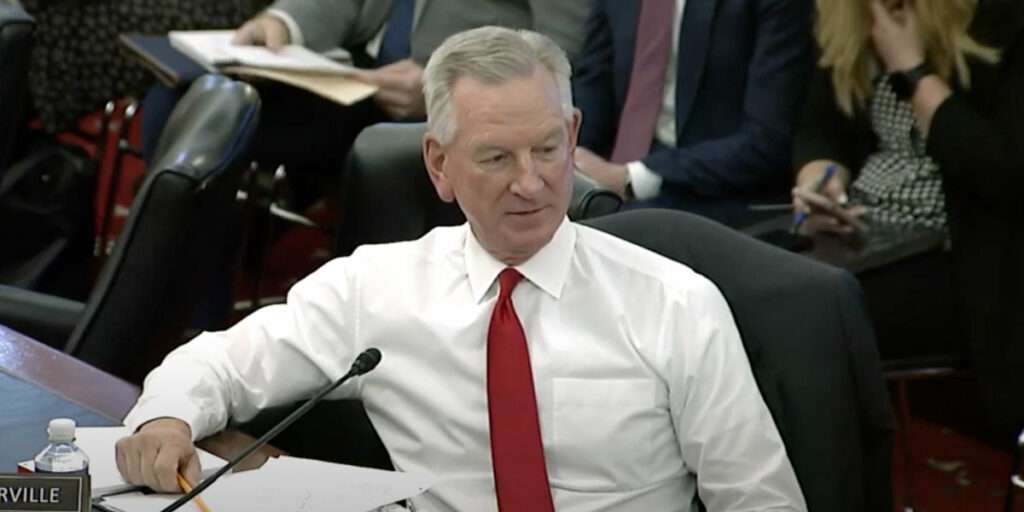A new report recently released by the Alabama Department of Commerce affirms that the Yellowhammer State’s forestry industry continues to have a leading impact on local economies throughout rural Alabama.
In a release, the Alabama Forestry Association lauded recent economic development announcements from the industry. For example, Westervelt Company, Rex Lumber and Great Southern Wood all announced plans in 2018 for production facilities in Alabama. Over 300 jobs were created in relation to these three announcements alone.
Overall, 51 forest products companies created approximately 2,000 new jobs across the state and invested $1.3 billion into new facilities and expansion of existing facilities last year.
This type of boon has become a trend over the last three years, as the forest industry has created almost 4,500 new jobs and invested nearly $4 billion in new facilities and expansion of existing facilities. Alabama’s forest industry accounted for 22 percent of total capital invested in the state during that time frame.
“Forestry continues to be one of the top industries investing in Alabama’s economy, averaging $600 million dollars annually and creating more than 1,000 new jobs each year over the last 10 years,” Chris Isaacson, executive vice president of the Alabama Forestry Association, said in a statement.
“23 million acres of well-managed forests, mostly owned by family forest owners, providing an abundant source of raw material along with an excellent business environment make our state a very attractive place to invest capital,” he added.
These capital investments are particularly important for Alabama’s rural economy. For example, the forest industry was the largest capital investor in 15 rural counties and was the largest employer throughout much of rural Alabama in 2018.
To support this growth, the Alabama Forestry Association and the Forest Workforce Training Institute (FWTI) have implemented a workforce development program (ForestryWorks) to ensure a steady supply of workers across the forest industry. FWTI staff work alongside career counselors, teachers, and school administrators to expose students and parents to the growing career opportunities in forestry, especially in rural parts of the state.
“Just as we plant trees to grow future forests, we will continue to invest in today’s students to grow tomorrow’s forestry workforce,” Isaacson concluded.
You can read a summary of the forestry industry’s recent economic impact in Alabama here.
Sean Ross is a staff writer for Yellowhammer News. You can follow him on Twitter @sean_yhn













